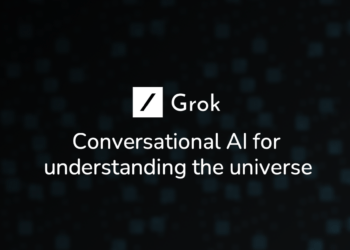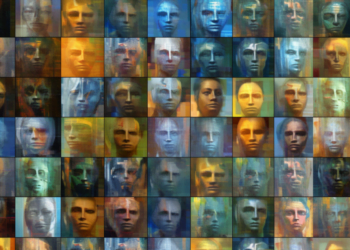At the cutting edge of technological and scientific progress, machine learning (ML) emerges as the sphinx of our time, presenting formidable puzzles to researchers eager to solve them. Central to this endeavor is the concept of scalability, which refers to the ability of an ML system to maintain its efficiency and effectiveness even as the volume of data it needs to process increases exponentially.
Optimization of Algorithms and Architectures
Space and Time-Efficient Algorithms: Scalability in ML is directly related to algorithms endowed with computational complexities that don’t spiral out of control as the size of the dataset grows. Algorithms like Fast R-CNN for object recognition and LightGBM for classification, which implement strategies such as the use of sparse matrices and data partitioning systems respectively, demonstrate significant advances in this paradigm.
Distributed Processing Architectures: Big Data brings with it the need for systems that operate in parallel and distribute the computational load. Frameworks like Apache Hadoop with its Distributed File System (HDFS) and Apache Spark with its in-memory processing capability, position themselves as robust solutions for handling massive datasets.
Large Scale Deep Learning
Decomposition of Complex Problems: In the realm of deep learning, where neural networks of abysmal depths are the norm, decomposing complex tasks through techniques like split CNNs or hierarchical RNNs allow for unprecedented scalability thanks to dimension reduction and modularization of learning.
Implementation of Regularization and Optimization Techniques: Advances such as Dropout and Batch Normalization are crucial for both preventing overfitting in gigantic networks and for accelerating training convergence. In parallel, state-of-the-art optimizers like Adam, RMSprop, and AdaGrad intelligently adjust learning rates, essential for the efficient training of vast models.
Fault Tolerance and Autoscaling
Resilient Systems: A scalable ML system must be resilient to computing failures. Here, fault tolerance techniques and system recovery approaches, such as data replication and periodic checkpointing, ensure the integrity of learning procedures in the face of hardware or network adversities.
Autoscaling Capabilities: Cloud computing services such as AWS Auto Scaling and Kubernetes HPA (Horizontal Pod Autoscaler) offer environments where computational infrastructure dynamically adjusts in response to system needs and load fluctuations.
Compact Model Synthesis
Model Distillation: The process of distillation, where a compact model ‘learns’ from the extensive and robust model, is established as a strategy for making ML systems lighter, faster, and more effective, without significantly sacrificing their predictive power.
Siamese Neural Networks and Their Contribution to Efficiency: Siamese neural networks exhibit structures that, by jointly processing pairs of inputs, contribute to the detection of similarities and differences with reduced computational expenditure, resulting in models that scale with relative ease.
Integration of Continuous Learning
Incremental and Online Learning: The capability to learn continuously from incoming data streams positions incremental and online learning as pillars for the management of dynamic and constantly growing corpora.
Generative Models and Their Role in Data Augmentation: Generative Adversarial Networks (GANs) and Variational Autoencoder Generative Networks (VAEs), among others, enable the creation of synthetic data that expands the training space, allowing ML models to scale in knowledge without the need to store original data ad infinitum.
Challenges and Opportunities of Scalability in ML
Handling Data Heterogeneity: The diversity in data types and formats demands highly adaptive ML systems that generalize learning across multiple domains and information sources.
Balance between Data Integrity and Computational Capacity: The balance between data resolution and the capacity to process it is a slope that researchers must climb meticulously so as not to compromise the quality of learning due to the magnitude of processing.
Laws of Scalability and Performance: To date, diminishing returns are inevitable as more data and layers of complexity are added; breaking through these barriers represents the horizon where the next technological breakthrough might be waiting.
Iconic Case Studies
Application in Streaming and Recommendation Services: Recommendation systems on leading platforms like Netflix and Amazon employ distributed, high-scale ML systems to personalize experiences for millions of users, illustrating the success of scalability in high-demand and variable environments.
Urban-Scale Computer Vision Projects: Initiatives like Cityscapes and vehicle monitoring projects with drones use deep learning to interpret and act upon mountains of images and videos, demonstrating how scalability is crucial in the realm of smart cities and advanced mobility.
The scalability strategies for ML outlined are the testimony of a field in full effervescence, a crusade where the sophistication of methods must go hand in hand with ingenuity to overcome the barriers of processing and storage. The outlook for the coming years is clear: the current boundaries are just the prelude to new architectures, theories, and practical applications that will push known parameters into spheres where the relationship between data volume and machine learning will be symbiotic, adaptable, and above all, scalable.






















